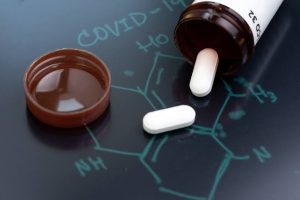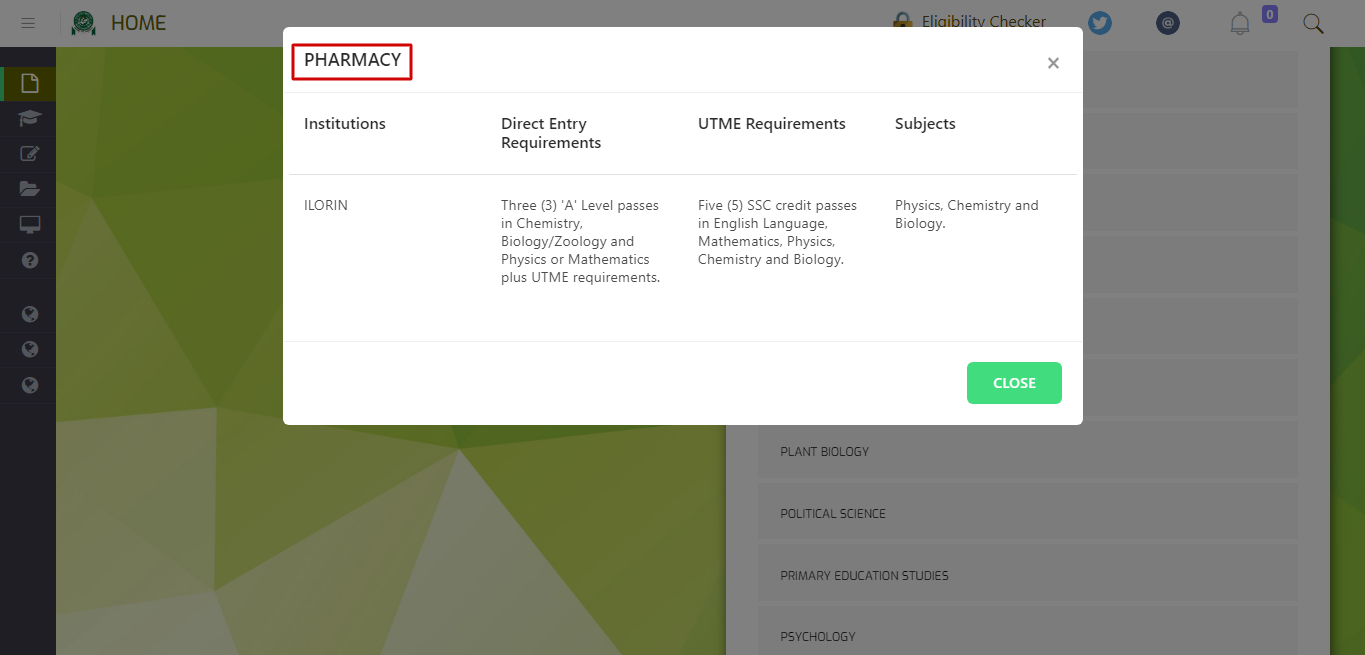Types Of Vitamin B Complex: How many types of vitamins B are they?, Is vitamin B12 better than Vitamin B Complex?, Do Legumes contain Vit. B6. In this article, you and I will be having a run down of the various types of Vitamin B, their food source and reasons you must take them to avoid deficiency.

Generally, Vitamins are seen as Organic compounds that are required in small amounts to maintain proper functions of the human body, some of these vitamins are naturally synthesized in your body by intestinal bacteria while some needs to be taken from food source.
Read Also: White Vitamin C vs Coloured Vitamin C; Which Is Better
There are majorly two class of Vitamins, these are;
- Fat Soluble Vitamins
- Water Soluble Vitamins
Vitamin B is water soluble, by being water soluble it means invariably that these vitamins cannot be stored and will be easily excreted from the body and as such may not have a condition where there is excessive intake, Unlike fat soluble Vitamins (like vitamin A, D, K e.tc) that can become toxic when taken too much.
In Today’s Episode of my “Drug and I Series‘ we will be learning the 8 different types of Vitamin B, benefits, food source, and deficiency. Well, lets get to the good stuff without further Ado. Enjoy!!!
Types Of Vitamin B
There are 8 types of vitamin B spanning from Vitamin B1 to B12 with their specific name also, below is a complete list of the various types of Vitamins.
- Thiamin (Vitamin B1)
- Riboflavin (Vitamin B2)
- Niacin (Vitamin B3)
- Panthothenic Acid (Vitamin B5)
- Vitamin B6
- Biotin (Vitamin B7)
- Folic Acid (Vitamin B9)
- Cyanocobalamin (Vitamin B12)
From the list above, you would notice that there is no Vitamin B4, B8, B10 and B11. Some of these vitamins can be gotten from both plant animal food source while some from either Plant Source or just Animal tissue.
Below I will take them independently, highlighting their food source and importance.
Thiamin (Vitamin B1)
Vitamin B1 is also known as Thiamin, it is involved in energy metabolism, most vitamin Bare involved in energy metabolism.
Source: It is found in Outer coat of Cereals, rice, pasta, meat (beef, pork nuts) e.t.c
DEFICIENCY: Thiamin (Vitamin B1) deficiency produces the disease Beri-Beri.
Recommended Dietary Allowance: Per day for both Men and Women we have
Men = 1.2mg
Women = 1.1mg
Riboflavin (Vitamin B2)
This vitamin has a coenzyme form called Riboflavin 5′ phosphate, also called Flavin mononucleotide (FMN) and Flavin adenine dinucleotide (FAD). These two enzymes form the prosthetic groups of enzymes that catalyzes oxido-reduction reactions.
Source: Primary source of Vit. B2 are plants materials, some of the sources include vegetables, grains, liver, eggs, milk, e.t.c
DEFICIENCY: Riboflavin (Vitamin B2) deficiency can cause Anemia, sore throat, lesion of the mouth.
Recommended Dietary Allowance: Per day for both Men and Women we have
Men = 1.3mg
Women = 1.1mg
Niacin (Vitamin B3)
This vitamin is widely distributed in plant and Animals, it is involved in Carbohydrate, Protein and Fat metabolism, your body can synthesize this vitamin from Tryptophan, but the quantity synthesized is not enough to maintain your bodily function, hence the need for an external supply.
Source: Includes meat, Poultry, fish, Peanuts, potatoes, eggs, dairy products like thiamin and Riboflavin
DEFICIENCY: causes Pellagra
Recommended Dietary Allowance: Per day for both Men and Women we have
Men = 16mg
Women = 14mg
Panthothenic Acid (Vitamin B5)
This is also called vitamin B5, this types of Vitamin B is produced by internal bacteria, it is needed for the synthesis of Coenzyme A which is essential in the metabolism of Fats, proteins and Carbohydrates.
Source: Includes yeast, lean meat, liver, legumes, e.t.c
DEFICIENCY: It is difficult to demonstrate deficiency of Panthothenic acid
Recommended Dietary Allowance: Per day for both Men and Women we have
Men = 5mg
Women = 5mg
Vitamin B6
This is another types of Vitamin B, this vitamin synthesize Pyridoxal phosphate as Coenzyme form which is important in transamination
Source: Plant and Animal Tissue e.g Fish, bananas, beans, lean meat, e.t.c
DEFICIENCY: It could result in a neurological disorder and dermatitis
Recommended Dietary Allowance: Per day for both Men and Women we have
Men = 1.3mg
Women = 1.3mg
Biotin (Vitamin B7)
This enzyme is also synthesized by intestinal bacteria, therefore, nutritional deficiency is rare.
Source: Include Cereal, Yeast, Liver, legumes.
DEFICIENCY: rare
Recommended Dietary Allowance: Per day for both Men and Women we have
Men = 30ug (microgram)
Women = 30ug
Folic Acid (Vitamin B9)
I am pretty sure you must have come across Folic acid before in one way or the other. Extremely small amounts of this vitamin are needed, intestinal bacteria provide the small amount needed for growth.
Folic acid is required for the development of Fetal nervous system, that’s why Pregnant women are advised to take this vitamin.
Source: Includes Meats, vegetables, beans, peas, lentils e.t.c
DEFICIENCY: Anemia
Recommended Dietary Allowance: Per day for both Men and Women we have
Men = 400ug
Women = 400ug
Cyanocobalamin (Vitamin B12)
This vitamin is necessary for the formation of red blood cells.
Source: Can only be found in food of Animal origin such as Meat, milk, seafood, fish, kidney, e.t.c.
DEFICIENCY: Pernicious anemia
Recommended Dietary Allowance: Per day for both Men and Women we have
Men = 2.4ug
Women = 2.4ug
In Summary
The various Types of Vitamin B, Though numbered B1 to B12 are Eight (8) in numbers, they include, Thiamin (Vitamin B1), Riboflavin (Vitamin B2), Niacin (Vitamin B3), Panthothenic Acid (Vitamin B5), Vitamin B6, Biotin (Vitamin B7), Folic Acid (Vitamin B9), Cyanocobalamin (Vitamin B12).
This will be all for now, I understand you may have a question or two to ask, feel free to drop them using the comment box below!
Ensure to share with your friends on Facebook, Whatsapp, or any other social media network you can connect them with…
Related Searches a. vitamin b benefits b. vitamin b complex c. vitamin b complex benefits d. vitamin b deficiency e. vitamin b tablets



![Universities That Offers PharmD Program In Nigeria [UPDATED] Pharm. D Program](https://drugsavant.com/wp-content/uploads/2021/06/images_1.jpeg)
This was very helpful. Please post more content on these kind of topics sir. Thank you